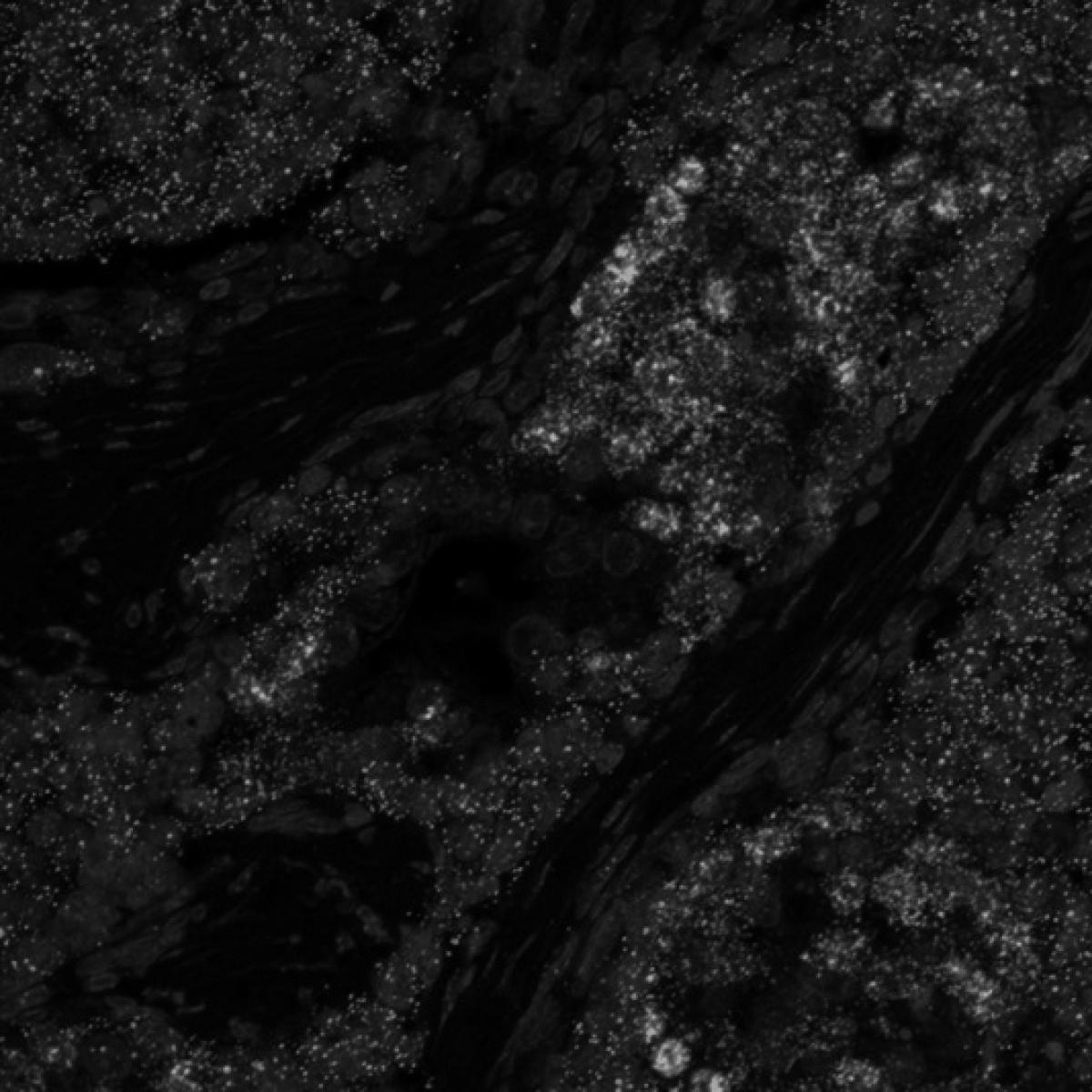
Yi-Rong Peng, Ph.D.
- Assistant Professor, Ophthalmology
- Assistant Professor, Neurobiology

Yi-Rong Peng, Ph.D., investigates the genetic programs that govern the development and deterioration of our visual systems. Her ultimate goal is to inform the development of therapeutics to prevent or mitigate vision loss resulting from diseases such as macular degeneration, cataracts and glaucoma.
Peng uses high-throughput genetic and molecular tools to identify the genetic codes that mediate retinal development and examines pathogenic mechanisms that cause retinal degeneration. She has leveraged advanced transcriptomic methods to make significant discoveries regarding key transcriptional factors that mediate the morphology and function of specific retinal cell types.
She has also developed techniques for dissociating retinal cells and enriching different cell types for scRNA-seq, resulting in comprehensive molecular profiles of retinal cell types from various mammalian species, including mice, ferrets, marmosets, macaques and humans. This work has been critical to understanding foveal formation and the pathogenesis of macular defects.
The ultimate goal of Peng’s research is to lay the foundation for treatments to prevent or mitigate vision loss caused by retinal neurodegeneration or human blinding diseases, including macular degeneration, cataracts, diabetic retinopathy and glaucoma. She hopes these efforts will make a lasting impact on the field of visual science and ultimately improve the lives of those affected by visual impairments.
Research Projects
- Identifying the genetic and molecular mechanisms that mediate the formation and specialization of the human fovea — a small region at the center of the retina
- Identifying evolutionarily-conserved regulators of foveal formation
- Developing methods to model the fovea to gain new insights into macular degenerative diseases, such as age-related macular degeneration
- Conducting genome-wide phenotypic studies of common ocular diseases
-
Post-doctoral Fellowship
- Molecular Neuroscience, Harvard University, 2019
Degree
- Ph.D., Neurobiology, Institute of Neuroscience, Chinese Academy of Sciences, 2011
-
